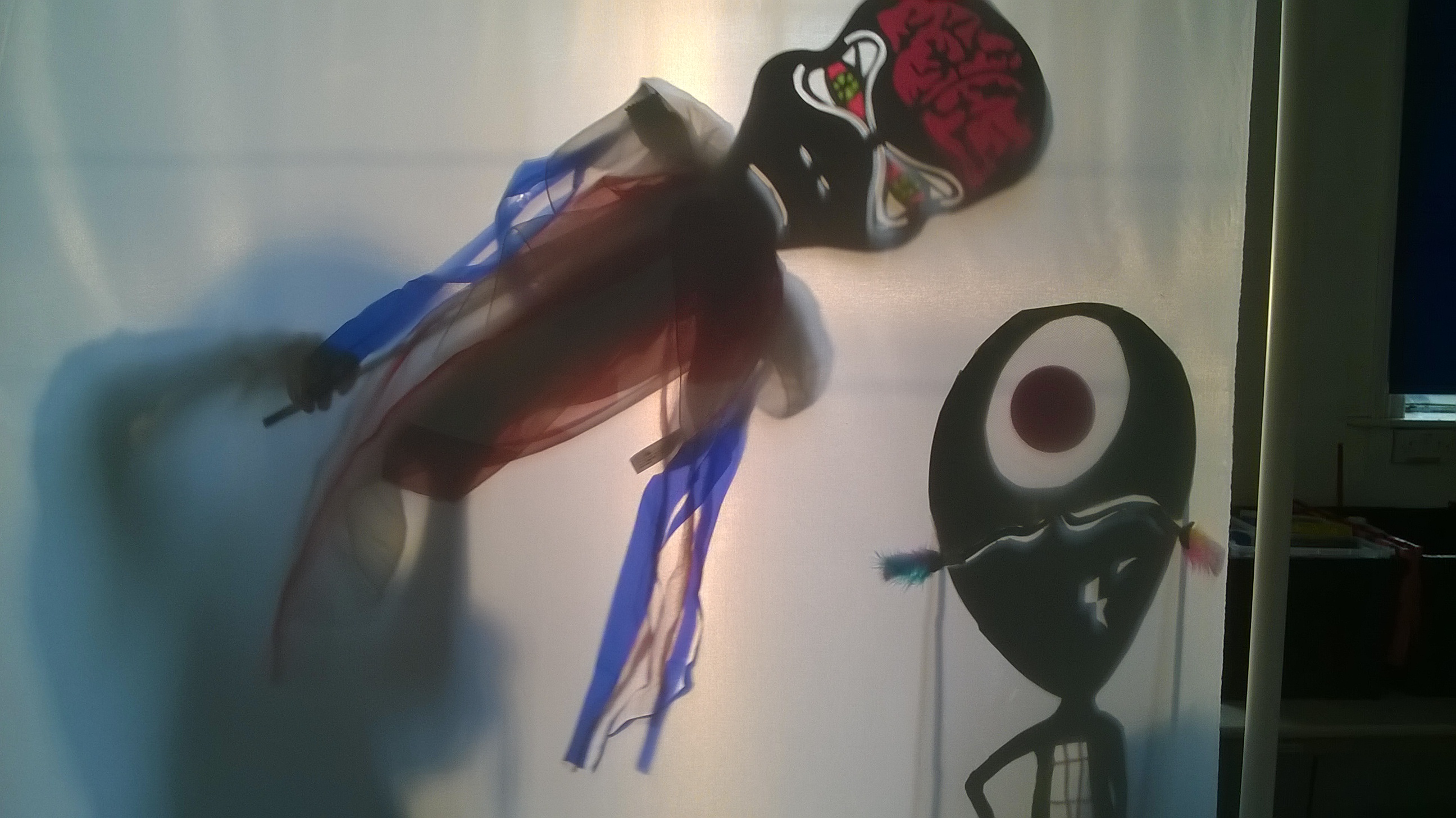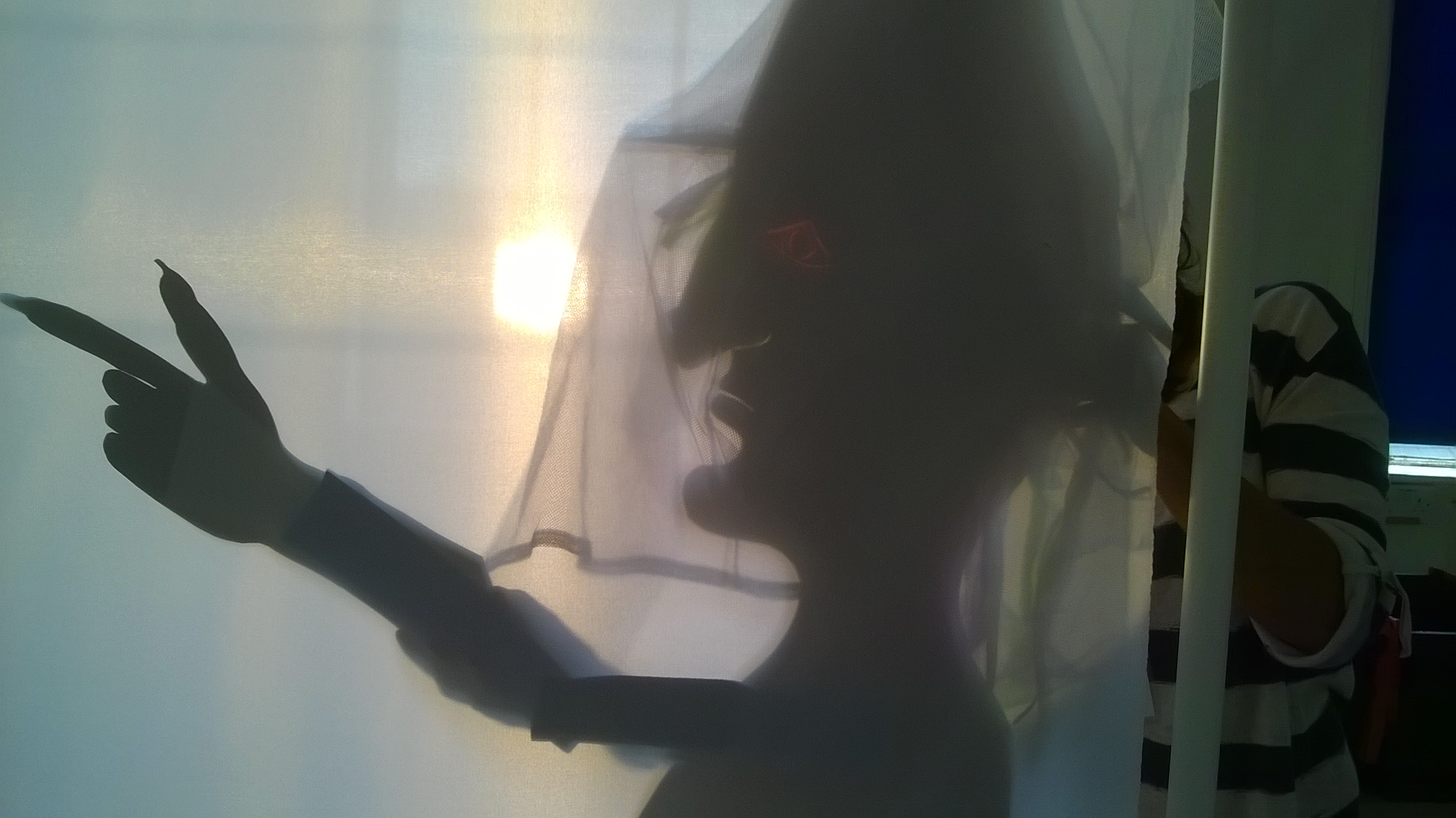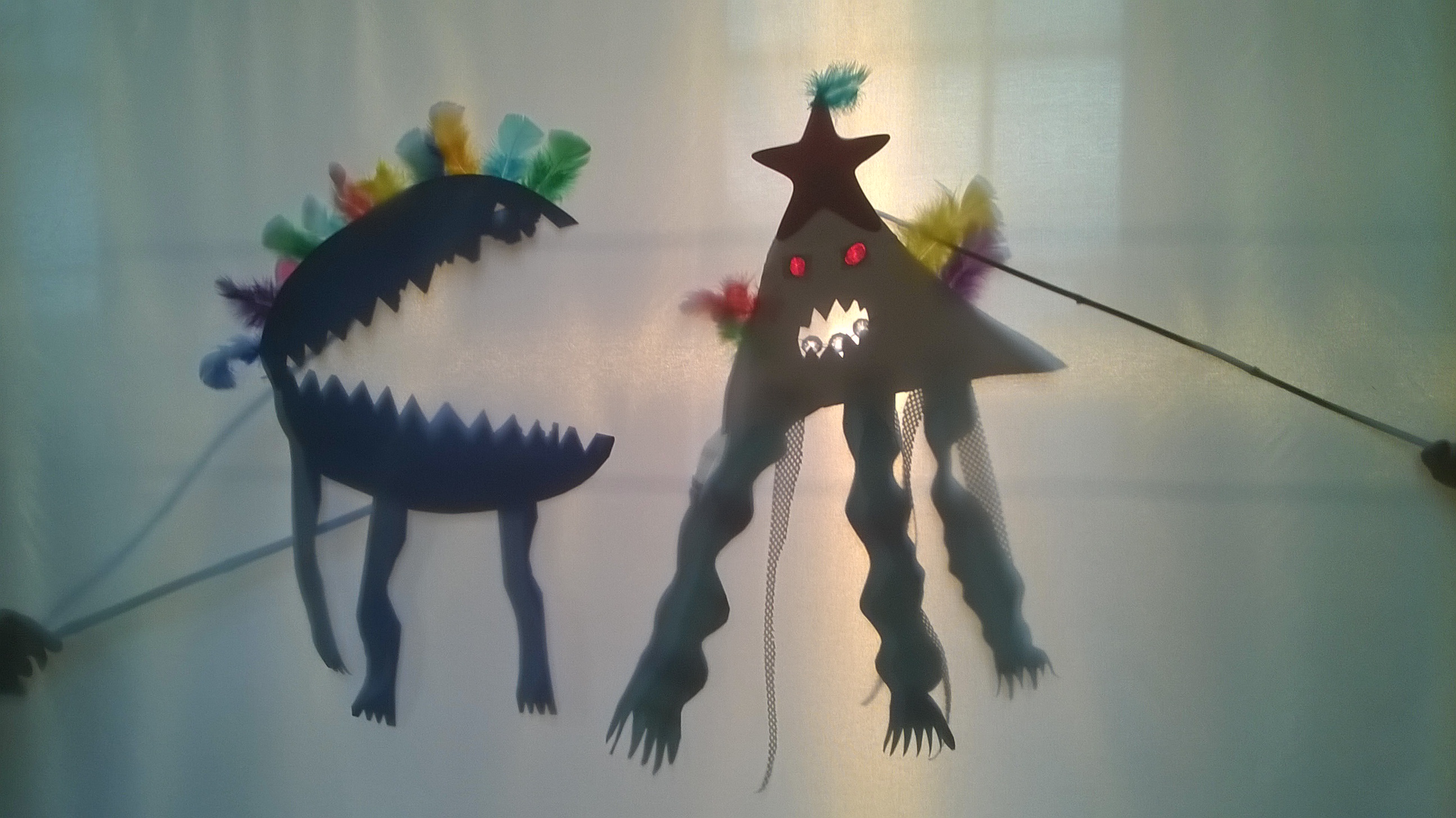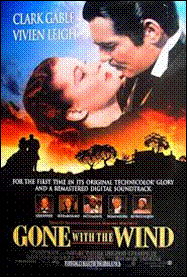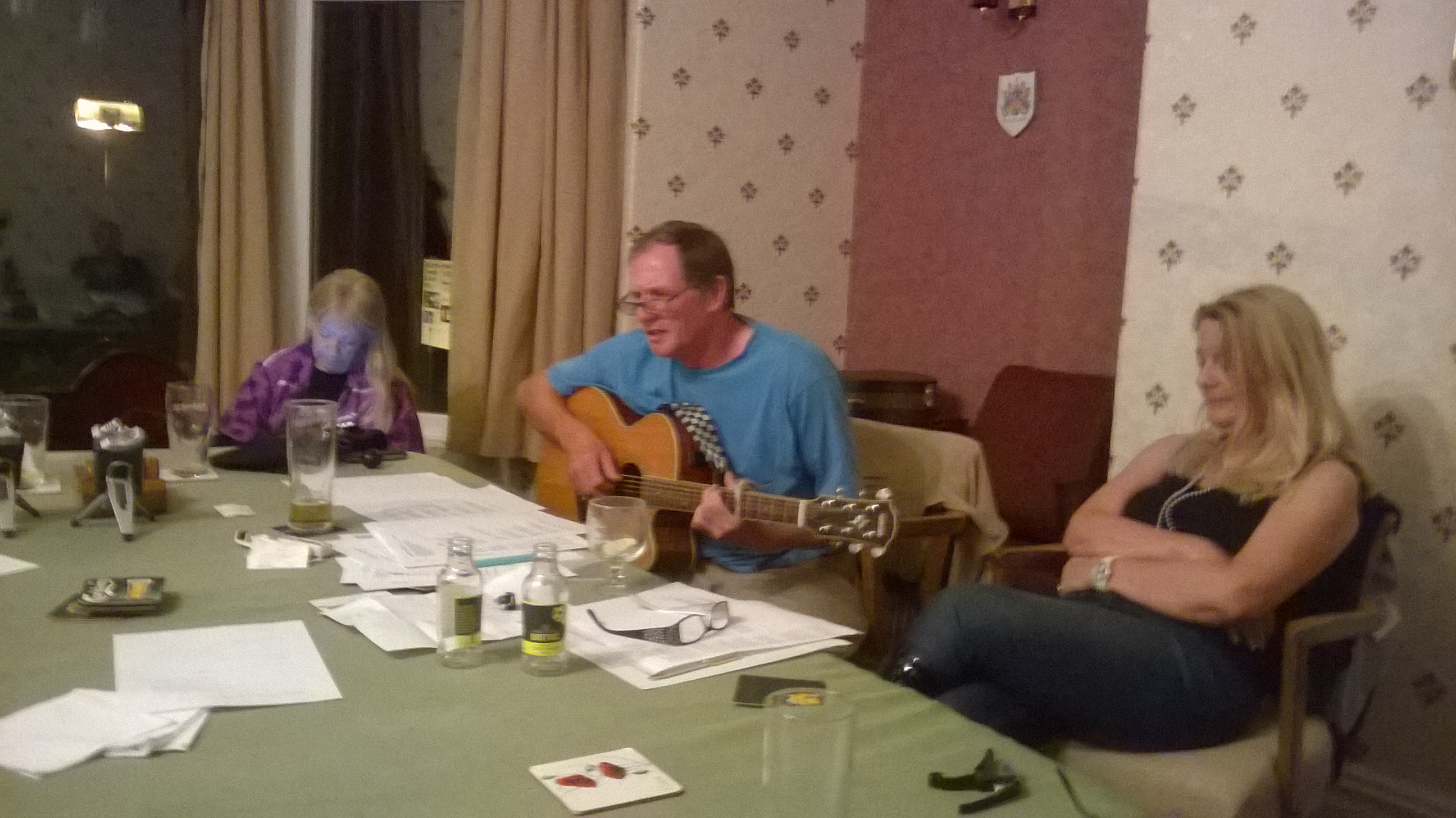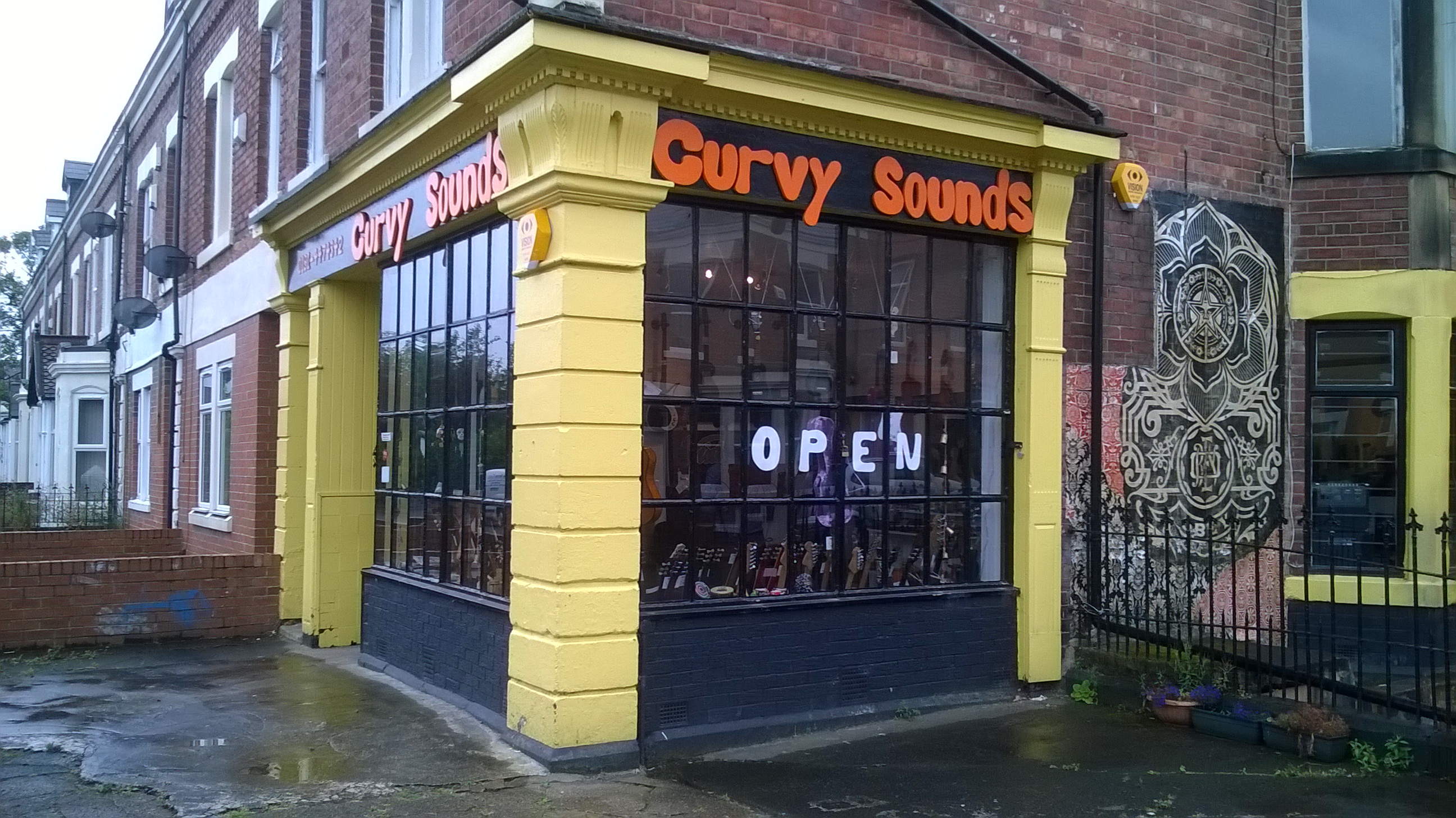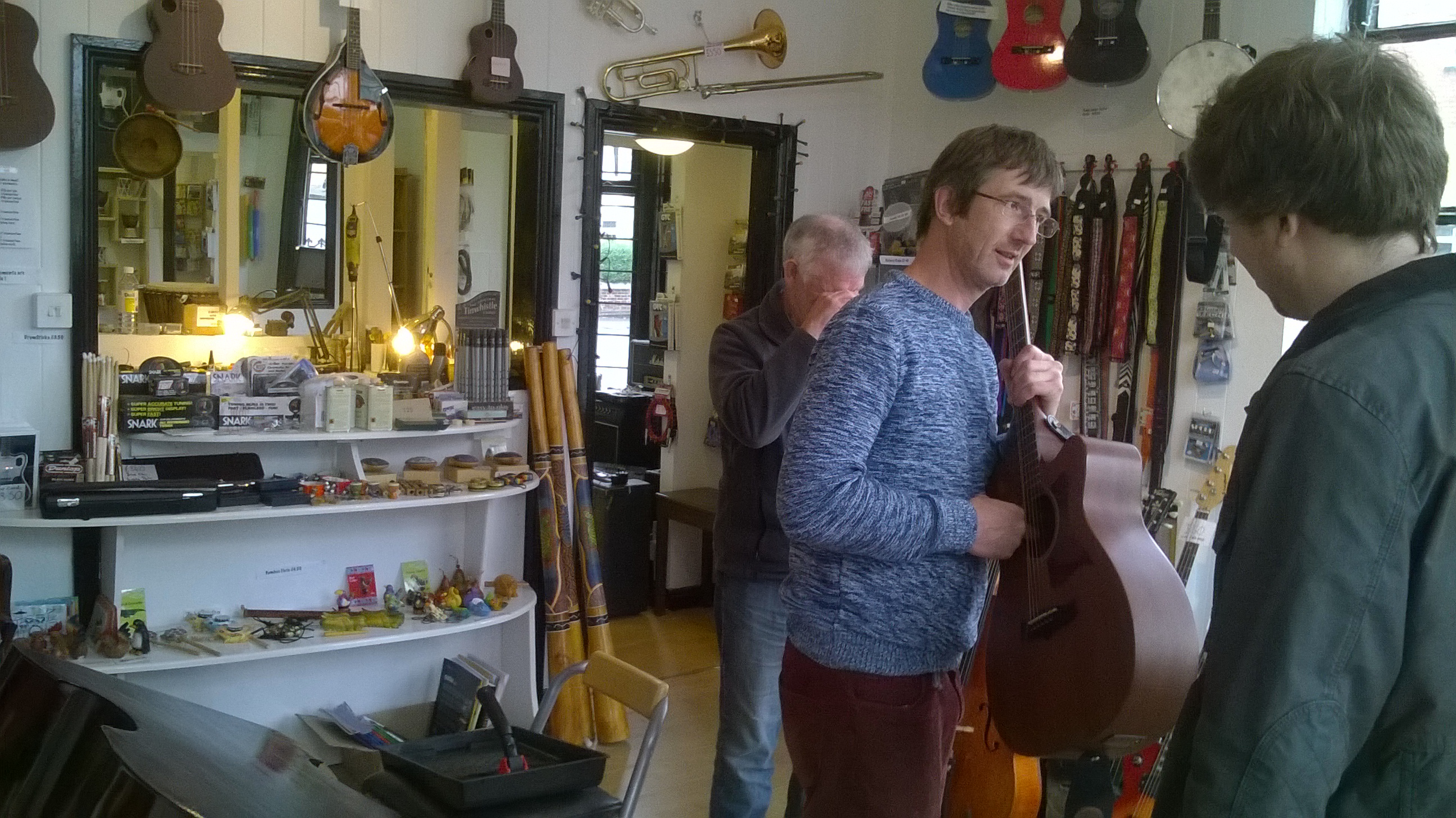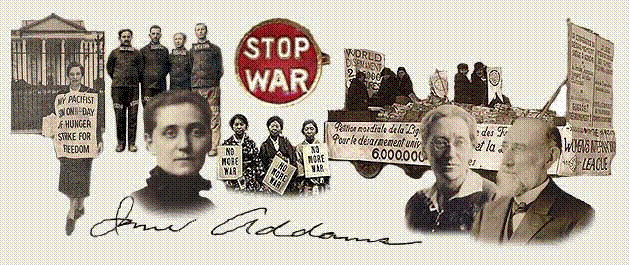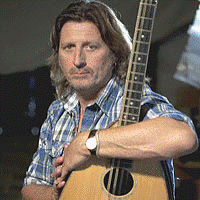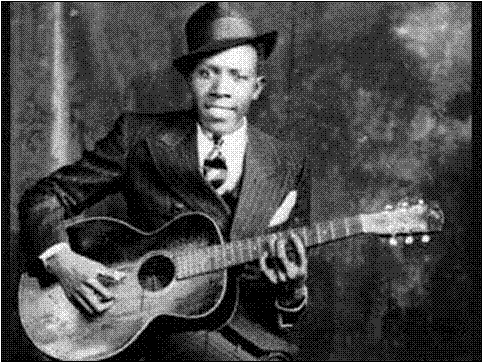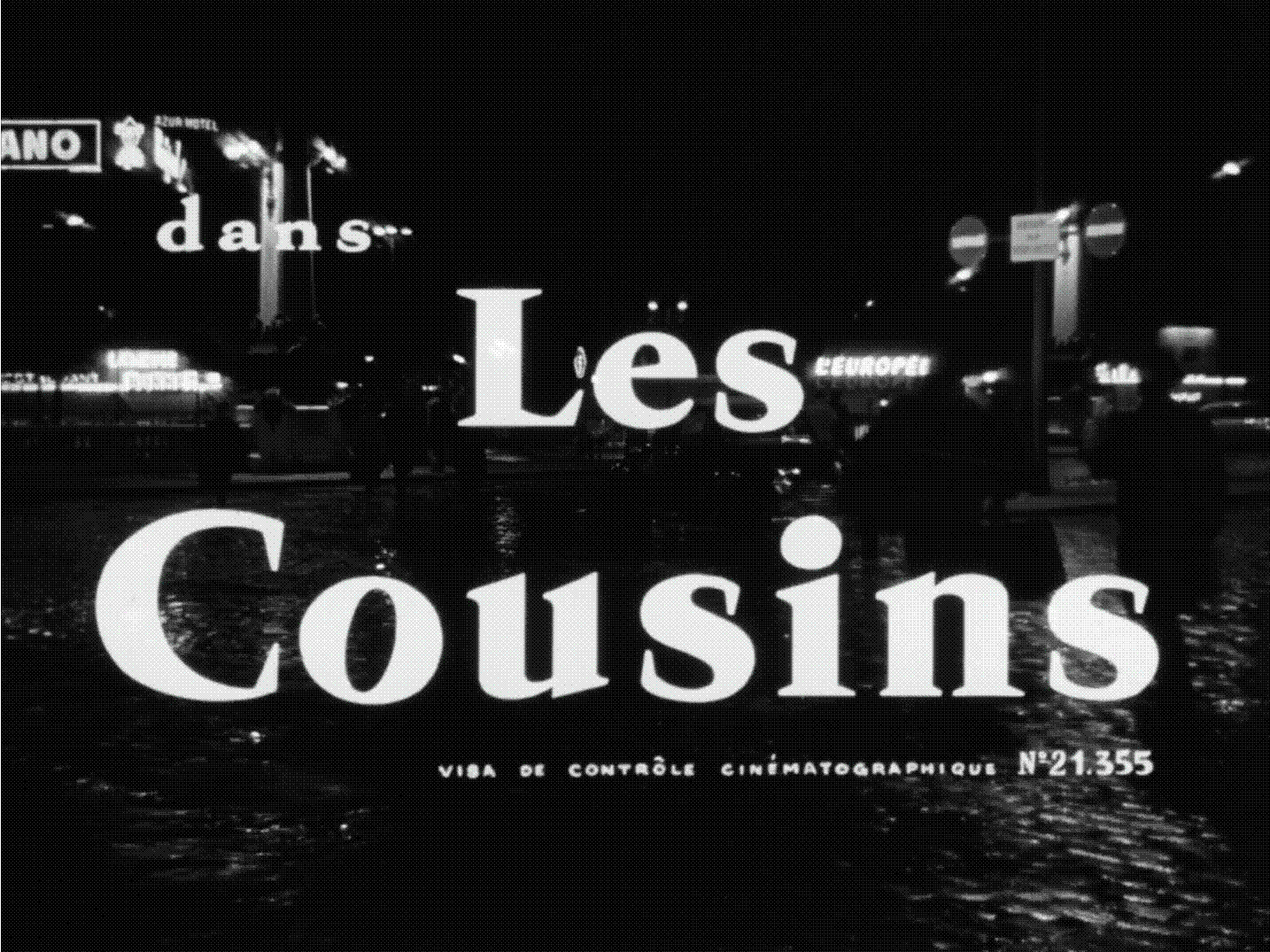
Along Greek Street, in the heart of Sixties Soho, there was this dingy basement folk club where some of the best musicians in the country (and from the USA and elsewhere) played, sang and hung out. Though there were other folk clubs in London they were mostly in the suburbs – the back rooms of pubs or, occasionally, in coffee bars (The Troubadour near Earls Court, for example).
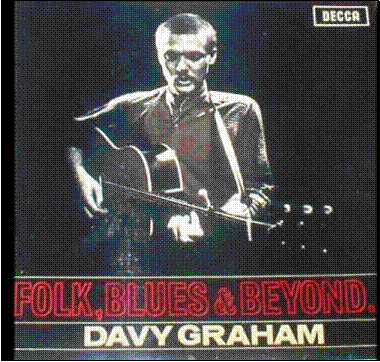
Davy Graham was probably the best and most influential guitarist who mixed traditional folk with flamenco, jazz, Indian and other Eastern melodies and rhythms. He was also the composer of Angie, a tune all aspiring folk musicians tried to play as a kind of apprentice piece.
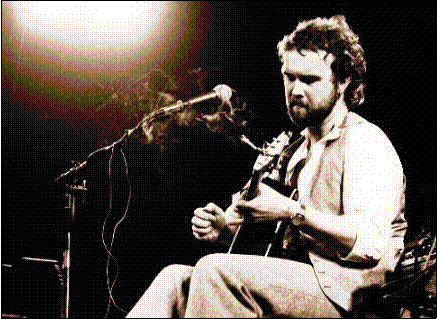
Les Cousins was home to singer-songwriters who often felt uncomfortable in other clubs where prejudice against anything new was still prevalent. John Martyn, though he started out playing mostly traditional tunes, was an innovator who went on to experiment with all kinds of genres and styles (as well as writing some brilliant songs) and played at the Cousins often.
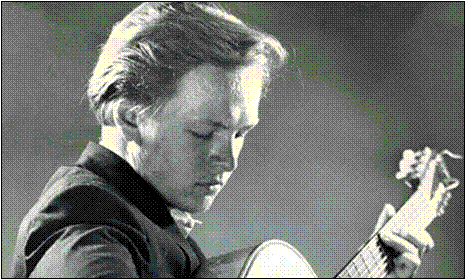
Jackson C Frank was one of my favourites – an American singer-songwriter who died a tragic and miserable death quite young. He’d suffered severe burns and other injuries (including psychological ones) as a child when a boiler exploded in his school, killing most of his classmates. He was persuaded to learn guitar when a teenager by a doctor as a form of therapy and came to the UK in his early twenties having secured a large compensation pay-out. He wrote some brilliant songs – simple, tuneful and poignant – and had a nice voice. After some initial success he started to go to pieces, not helped by drink and drugs, and finally returned home to the States, his money all blown. He was rediscovered in the late Eighties by a fan, living as a bum on the streets. An attempt was made to reinstate him but he died of pneumonia and cardiac arrest in Massachusetts, 1999, at the age of 56.
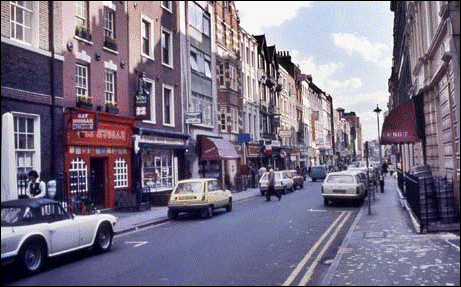
I visited Les Cousins a few times in those days (I remember seeing Cat Stevens once playing ‘I love My Dog’) and even played a bit, but I wasn’t good enough (or persistent enough) to get noticed. I also toured many other clubs around London but, for singer-songwriters, this was the best. Despite its insignificant size and position (you’d never have found it if you didn’t know it was there) Les Cousins hosted an incredible line-up of talent – many of whom played a significant role in forming the music of the following decades.
Recently, and for on particular reason, I wrote a tribute song to Les Cousins and the great musicians who played there.
SOHO IN THE SIXTIES
Soho in the Sixties with its seedy strip joints and bars,
And this one little dive in Greek St. where they played acoustic guitars.
Some called it Les Cousins and others ‘Lay Couzanne’,
But mostly we just called it where the new folk singers sang.
Soho in the Sixties, hanging about all night,
In a dark and dingy basement, like moths around a light.
Among the lost and lonesome, mostly playing for free,
Were many a-star of the future – hoping one might be me.
Soho in the Sixties, with its drunks and junkies and bums,
Improvised jazz in the alleys – and echoes of rock and roll drums.
But I guess we took no notice, way off in our own little scene,
Figuring how to play Angie, or what Roy Harper’s lyrics might mean.
Soho in the Sixties, mixing the old and the new.
Like a maid went out one morning, with the California day dreaming blue
Singer-songwriters were heroes – revolution was in the air.
Along with the wacky tobaccy, and a surplus of bodily hair.
Soho in the Sixties – I recall one Ralph McTell,
Singing ‘bout the streets of Paris where he’d busked along for a spell.
Paul Simon got up for a quid or two, instead of the millions today,
And the amazing Davey Graham, man he blew us all away.
Soho in the Sixties with Bobby, Tom, Joni and Jack,
Over the pond from America, far richer upon their way back.
And taking a big ocean liner, was poor old Jackson C Frank,
Who ended up in a gutter – after once nearly breaking the bank.
Soho in the Sixties, with John Renbourn and Bert Jansch.
And the wonderful Sandy Denny who had us all in a trance.
Cat Stevens, Nick Drake and Al Stewart, the Incredible String Band and more,
And too many others to mention, walked in that wagon wheel door.
Soho in the Sixties with a girl named Sexy Sue,
A beautiful mandolin player, who broke my young heart in two.
But I guess I became kinda bitter – when she turned my offers all down,
Don’t know if she ever made it, coz soon after then I left town.
Soho in the Sixties – now mostly all swept away.
Just like the rest of old London – it’s a corporate vision today,
And folk singers with guitars are nothing but living antiques,
Can’t even give ‘em away, down on Carnaby Street.

